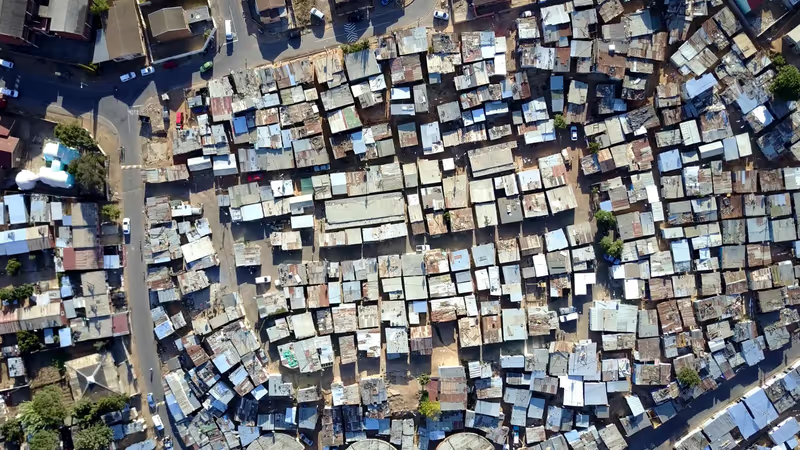| Student: | A. Anand |
|---|---|
| Timeline: | February 2021 - 1 February 2025 |
Peri urban lakes in the global south form a crucial link between natural and anthropogenic habitats where natural, social, and economic benefits are derived/provisioned with embedded cultural values. They are not only critical nodes in a social hydrological context but also offer many valued ecosystem services. These ecosystem services often link ecosystem function and social values.
The study highlights an empirical case study of peri urban lakes in Ahmedabad and Bengaluru, India where the condition of the peri urban lake ecosystem and number both are in decline. In response two approaches evolved, in Ahmedabad, it is a state-controlled, techno-managerial top-down approach, while in Bengaluru, it is a bottom-up approach contested for equity, acquisition, and control of the lake community groups to assume responsibility of peri urban lakes. The interconnected nature of the ecological and social system in the peri urban interface (PUI) forms a ‘wicked problem’ where social, ecological and governance dynamics remain unexplored. Moreover, there is a scarcity of theoretical as well as institutional conceptualization in understanding the peri-urban interface (PUI). The focus of the research is to investigate the governability of the peri urban lake ecosystem and its challenges in PUI.
The first set of challenges refer to ‘overlapping jurisdiction’ in the administration of peri urban space, ‘blurred geographical boundaries’ in peri urban lake ecosystem function and services, and ‘regulatory slippage’ (Foster, 2011a) in the governance of PUI. Secondly, the regime shift in peri urban lake ecosystem as a result of altered states due to pressures of lake ecosystem use and function. Third, the complexity of actor-agency lake governance interactions in vertical and horizontal frames of governance.
To address these three sets of challenges, the research identities four knowledge blocks, ‘space to be governed’ by delineation of PUI, ‘systems to be governed’ by determining ecological integrity of peri urban lakes, ‘governance interactions’ through co-construction of impact indicators, and ‘governing system’ by synthesizing aforementioned dimensions into an interactive governance model.

Regime Shifts, resilience, and biodiversity in ecosystem management (Folke, C. et al, 2004)






